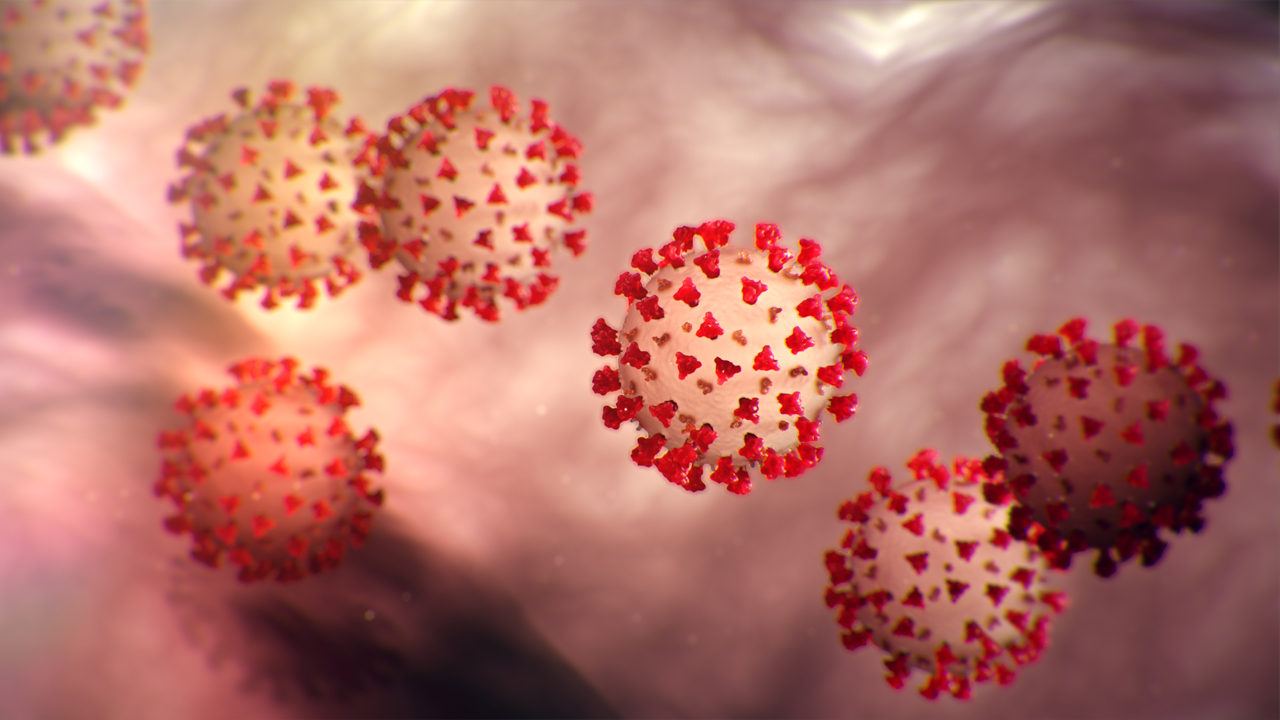
COVID pills are round the corner; what this means for India and the world
Molnupiravir and Paxlovid, the first oral pills against SARS-Cov-2, could be a game-changer due to their effectiveness and ease of use

Almost a year after the first COVID vaccines hit the shelves, the global pharmaceutical industry is set to commercially roll out oral drugs against the disease.
Last Thursday, the UK drug regulator cleared oral antiviral molnupiravir, developed by Merck and Ridgeback Biotherapeutics, for the treatment of COVID. A day later came the news that Pfizer’s investigational oral antiviral candidate Paxlovid, in trials, brought down hospitalisation and death to a large extent. It is set to apply for regulatory clearance.
Both the drugs work by interfering with the replication of the virus. This keeps the virus level in the body low, which in turn reduces the severity of the disease.
Across two waves of the pandemic that began in December 2019 and continues till date, medical professionals relied mostly on symptomatic treatment of COVID, addressing chills, fevers, and so on. For the more severe cases, antiviral cocktails of repurposed drugs were used intravenously, with no conclusive evidence of success. No orally administered drug was cleared by regulators anywhere in the world.
Game-changers
Led by the World Health Organization (WHO), researchers had conducted trials on remdesivir, hydroxychloroquine, ritonavir and lopinavir — in isolation and in various combinations — for COVID treatment. Finally, the WHO concluded that the four drugs made very little — even nil — difference to patients with medium to severe infection who had to be hospitalised.
Also read: Active COVID-19 cases in India decline to 1,42,826; lowest in 262 days
Molnupiravir and Paxlovid could, therefore, be game-changers. While vaccination has largely helped address the pandemic, large portions of populations, especially in poorer nations, are yet to get the first dose, leave alone both doses.
Oral pills may hence prove a more potent weapon against the pandemic, bringing down deaths and curbing the longer-term effects of the disease. The ease of administering largely works in their favour. Pfizer has said its candidate can cut by 89% the chance of hospitalisation or death for adult patients at risk of severe COVID infection.
The two drugs at a glance
The US Food and Drug Administration (FDA) and the WHO are still evaluating molnupiravir. American drug giant Pfizer plans to submit trial data on Paxlovid shortly to the FDA for emergency use authorisation (EUA).
The UK’s Medicines and Healthcare products Regulatory Agency (MHRA) has authorised molnupiravir for use in people with mild to moderate COVID, “with at least one risk factor for developing severe illness”. It was declared “safe and effective” following a “stringent review of the available evidence”.
This drug is again a repurposed one; it was originally developed to treat influenza. It lessens the severity of the infection by curbing the replication of the SARS-CoV-2 virus. Typical of antiviral drugs, it is most effective when taken in the early stage of infection — within five days of symptoms onset is considered ideal (following a positive test).
The Paxlovid acts similarly, but inhibits SARS-CoV-2 growth at the proteolysis stage, before the replication begins. It can be taken “at the first sign of infection or at first awareness of an exposure, potentially helping patients avoid severe illness”, said Pfizer.
Availability in India and abroad
The UK has already secured 480,000 courses of molnupiravir and 250,000 courses of Paxlovid. The former is likely to be rolled out by November-end or early-December. Though the FDA has not given a timeline, its approval for the Pfizer drug could come shortly, media reports have indicated.
In India, Merck has collaborated with drugmakers Cipla, Emcure, Sun Pharma, Dr Reddy’s Laboratories and Torrent Pharma for molnupiravir trials. It is now said to be in talks with several firms for voluntary licensing.
The two drugs, if cleared for use in India, are likely to make a significant difference to COVID management. Yet, that would depend vastly on the cost of the drugs, and how far the government is willing to subsidise the treatment regime.

